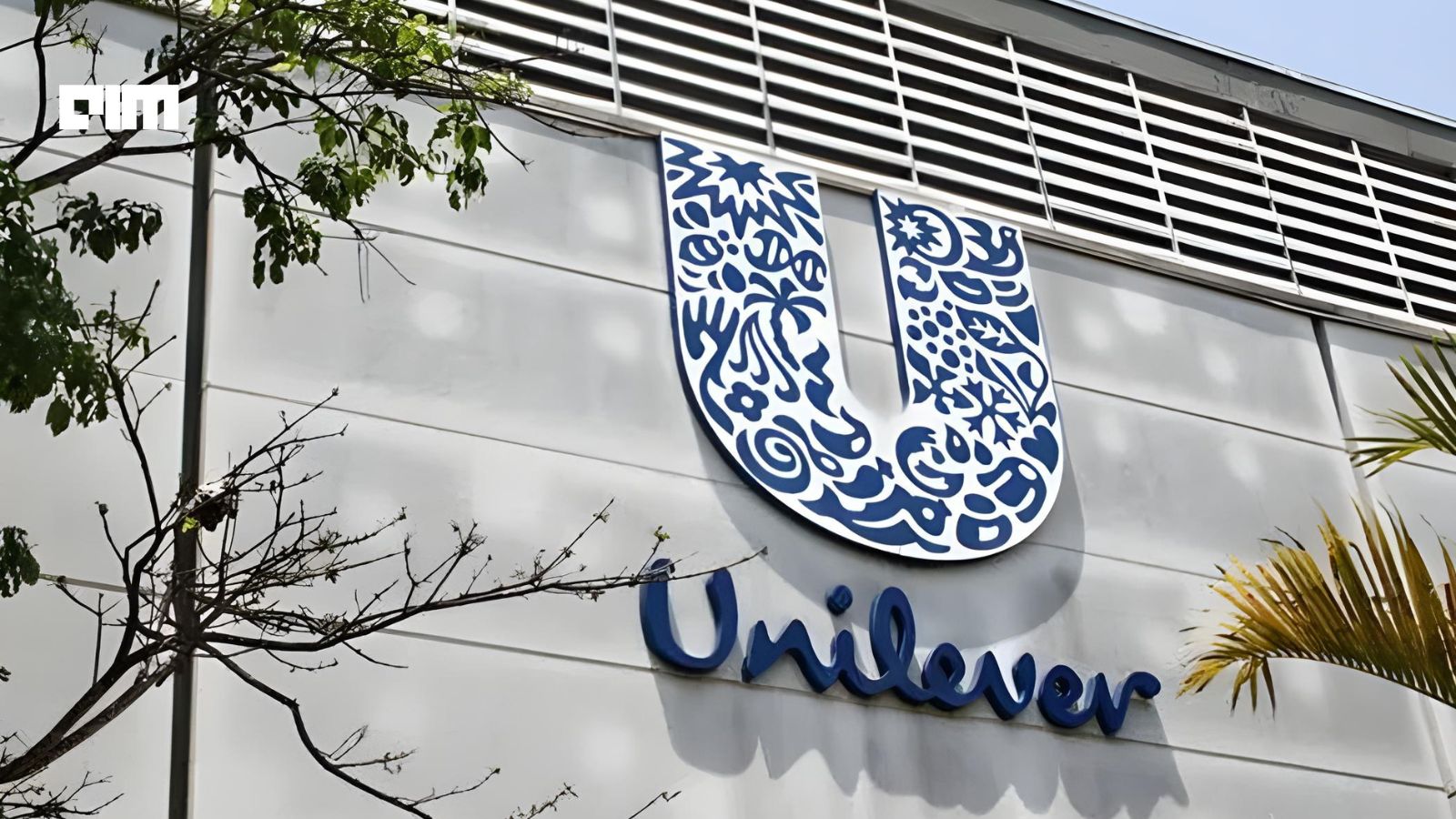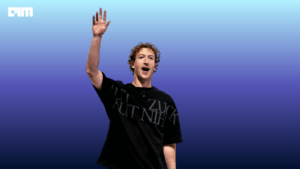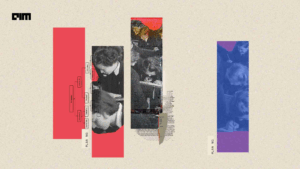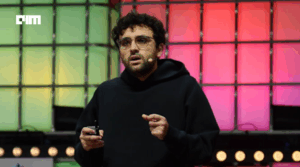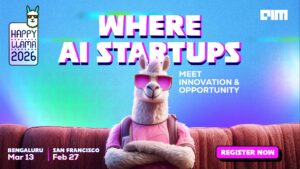Unilever is producing hundreds of marketing assets per product without sending a single creative brief to an agency. The company’s new in-house generative AI platform, developed in partnership with The Brandtech Group, has restructured how it delivers digital advertising at scale for its beauty and wellbeing brands. What began as an experiment is now a global AI infrastructure spanning 18 markets, including the U.S. and U.K., and serving major products like Dove Intensive Repair, TRESemmé Lamellar Shine, and Vaseline Gluta Hya.
“It’s a different way of working,” said Selina Sykes, global vice president and head of marketing transformation for beauty and wellbeing at Unilever. “We used to send briefs off and get content back. Now it’s this agile, iterative approach.”
Unilever now creates around 400 creative assets per product, up from an average of 20 assets per campaign. The output supports paid social, programmatic display, and e-commerce placements. Creative work that previously required days or weeks can now be executed in a fraction of the time. According to Sykes, production timelines have decreased by 30%, while engagement metrics like video completion rate (VCR) and click-through rate (CTR) have doubled.
From Briefs to Prompts
The system behind this acceleration is Pencil Pro, a generative AI tool developed by The Brandtech Group. It integrates large language models (LLMs), retrieval-augmented generation (RAG) frameworks, and APIs from platforms like Meta and TikTok to generate and test creative content in real time.
Marketers feed the system with prompts and audience insights to generate visuals based on 3D renders of products, an approach often referred to as digital twinning. Unilever does not currently allow the AI to generate human likenesses, keeping the output focused on product visuals. Each brand uses a proprietary tool called BrandDNAi, which ensures the AI-generated content adheres to brand guidelines and legal standards.
The platform is cloud-based, designed to scale globally, and optimized for automation, but Unilever’s leadership emphasizes that the company hasn’t only invested in software.
Training 25,000 Employees
Since forming its partnership with Brandtech in 2023, Unilever has focused just as much on people as it has on platforms. The company spent much of 2024 building what it calls the Beauty AI Studio, working alongside in-housing firm Oliver and designing AI fluency programs for its global workforce. So far, 25,000 employees have been trained on AI tools and workflows.
This investment reflects a broader organizational realignment. “From reproducible metrics and trend tracking to uncovering whitespace opportunities, it’s some of the most impactful AI-driven reporting I’ve seen,” said Jane Hooper, consumer marketing insights associate manager for Unilever’s premium ice cream portfolio.
Unilever has not disclosed the exact cost savings from the new system, but is targeting double-digit percentage reductions in marketing expenses. Industry estimates suggest that AI adoption can reduce creative production costs by up to 27%. With Unilever’s marketing spend reaching £7.8 billion ($10.42 billion) in 2024, the potential savings are significant.
A Tighter Agency Model
The impact is also being felt beyond the company. Unilever once worked with over 3,000 agencies worldwide but has been consolidating aggressively. In 2024, it merged a significant portion of its beauty and wellbeing work under WPP, though its media business remains distributed.
Generative AI is accelerating this shift. Large agency holding groups like WPP and Dentsu have responded by integrating AI-native production capabilities through units like Hogarth and Tag. But not every agency is equipped to compete. “You’re substituting a SaaS platform for production capabilities and using in-house employees to man the platform,” said Jay Pattisall, principal analyst at Forrester. “That will deter from some of the production revenues agencies are accustomed to.”
Despite these changes, Unilever maintains that AI is meant to support not replace creative talent. “We see generative AI as an aid, not a replacement,” said Sykes in a follow-up statement. “In some cases, it will help to free up time for people to dedicate to the more human elements of the creative process.”
Brandtech also emphasized that Unilever’s setup is not a turnkey model. “The model of transformation takes a slightly different shape in different places,” said Rebecca Sykes, partner at The Brandtech Group. She added that the company is working with other global clients, including Google, on similar but not identical AI marketing systems.
What Comes Next
Unilever has also been experimenting with tools like NVIDIA Omniverse to create digital twins of products like Dove. The company reported 3.5 billion impressions and a 52% increase in new customers through AI-powered asset repurposing across digital platforms. But unlike others in the beauty category, Unilever has drawn a line that its AI-generated content avoids human imagery entirely, a decision that separates it from recent campaigns by fashion brands that have leaned heavily on AI-generated influencers and models.
As more CPG companies explore AI in marketing, AI will surely impact creative production but how far will the shift go. Unilever’s current model still involves close collaboration with agencies and technology platforms. But its approach signals a broader change in how marketing is resourced, executed, and measured.
“We’re resetting our organization,” said Esi Eggleston Bracey, chief growth and marketing officer at Unilever. “What we do is sell brands. So marketing is the source of that growth.”

